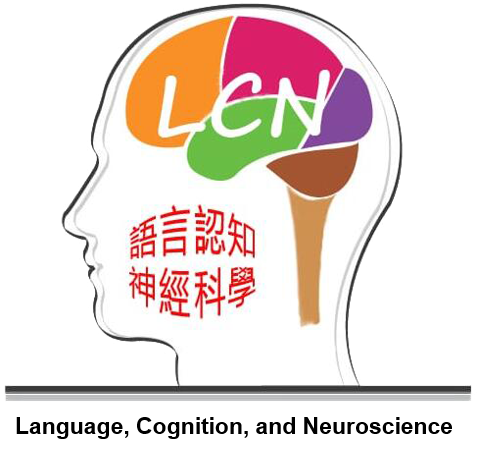Past Events
[理大雲講堂]「人與言」
2021.05.01 Prof. Wang Shiyuan William
Chair Professor of Language and Cognitive Sciences at the Hong Kong Polytechnic University
Academician of Academia Sinica in Taiwan
Professor Emeritus of the University of California at Berkeley
Honorary Doctor of Humane Letters from University of Chicago
Honorary Professor at Peking University
Abstract:
About 4 million years ago, our ancestors adopted an erect posture. This freed our hands to make increasingly powerful tools and instruments, which in turn stimulated our brain to grow at an unprecedented rate. That we could conquer our planet and probe deeply into galactic space is due to our ability to create systems of symbols, i.e., language, to help us think and to communicate with others. To supplement speech, we created writing and overcame the limitations of space and time; this enabled us to accumulate wisdom across the millennia and integrate insights and inventions from all over the world, leading to the complex and powerful civilizations we have today. Since language has been crucial in the evolution of our species, and continues to bring order to our lives today, there are many questions we would like to ask of this remarkable mental instrument. How did language emerge deep in prehistory? How do infants acquire language, and adults learn foreign languages? How does the brain conduct language across our lifespan? How does language get impaired under diverse conditions, and how best to intervene and repair? These questions are important and interesting. We need to harness the expertise from many disciplines as well as the latest technology to answer them.
大約 4 百萬年前,人類直立起來,發展了靈活的雙手及萬能的大腦。人類之所以能征服整個地球,甚至探索太空,是因為我們會系統地使用符號,先後發明了語言及文字。從個人角度而言,語言幫助我們整理思路、加強認知;從社會層面來看,語言促進群體團結合作,共同克服時空的限制,把歷代偉人的智慧、各地的科技創新,統整地連接、累積成人類的文明。語言雖和人類生活息息相關,我們對它的了解卻遠遠不夠,如:嬰兒如何習得母語?之後又怎樣學習多種外語?大腦怎樣操作語言?語言如何在種種不同的情境下退化或消失?要回答這些問題,我們必須運用多學科的視角、採取最先進的科技,來研究這些重要及有趣的語言課題。





